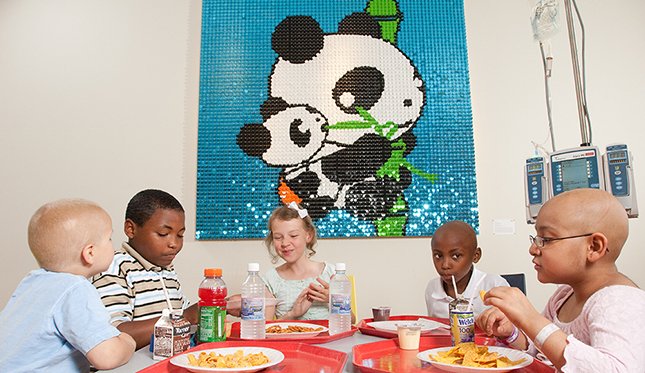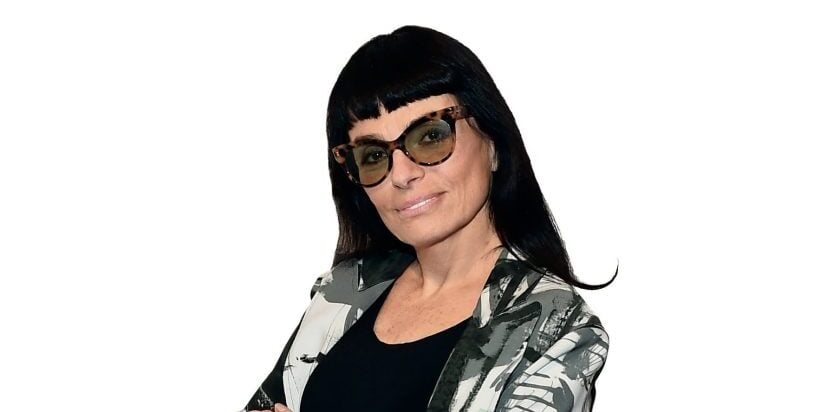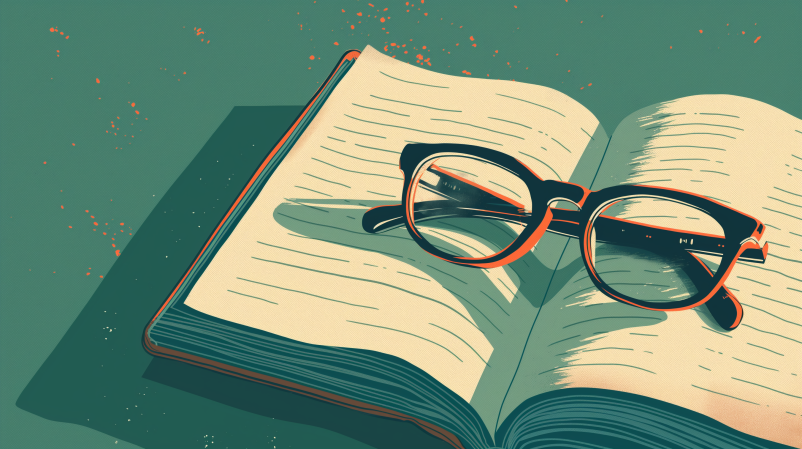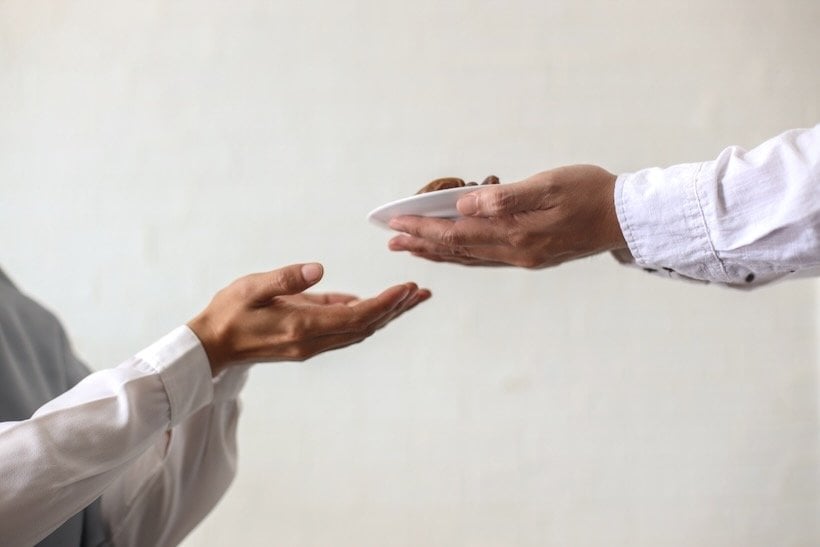Earlier this month, a study from the journal Evolutionary Studies in Imaginative Culture proposed that our evolutionary ancestors survived because of their ability to make art. Citing archaeological evidence, psychologist Richard Coss of the University of California-Davis said that the precursors to Homo sapiens, Neanderthals, hunted but did not draw. We—Homo sapiens—did. There is “a causal relationship between the evolved ability of anatomically modern humans to throw spears accurately while hunting and their ability to draw representational images,” he says in the study. For those of us in the art world, it isn’t a surprise to learn that art is inextricably linked to our very existence as human beings—to our very humanity. Since the beginning of time, we have used art to tell stories, to express ourselves, or to convey an aesthetic truth or feeling. And we have also intuited the extraordinary power of art to inspire, to comfort, to cheer and to heal.
My charity, RxArt, helps sick children heal through the extraordinary power of visual art. We commission exceptional contemporary artists such as Laura Owens, Ed Ruscha and Jeff Koons to transform cold and sterile healthcare facilities into environments that are engaging and inspiring, and full of beauty, humor and comfort. Thankfully, there is a growing body of evidence that confirms our intuitions about art’s power. At the Cleveland Clinic, which, since its founding in 1921 has been known for displays of fine art on its walls, patients have reported vast improvements in their state of mind and a reduction in stress and anxiety because of that art. Just last month, a study published in Early Childhood Research Quarterly found that immersion in the arts was uniquely effective in developing foundational knowledge in children. It has been a goal of mine from the inception of RxArt in 2000 for us to contribute to this expanding research, and now we are working with doctors to conduct clinical studies carried out in response to and in conjunction with our projects.

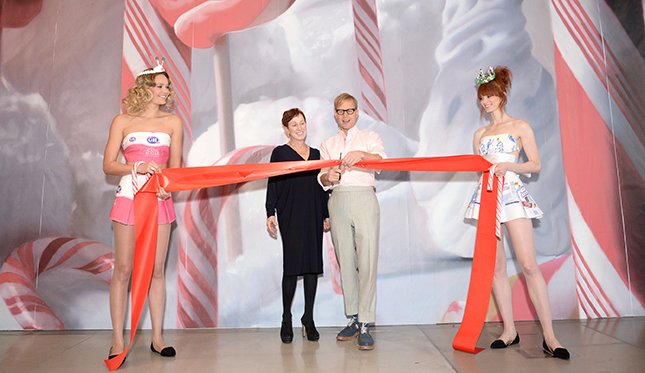
The existing research barely scratches the surface when it comes to the benefits art bestows on those who are exposed to it. In fact, even to see art in terms of its benefits is to misunderstand it. Art is part of who we are, and central to our self-realization and flourishing as individuals and a society. It isn’t an indulgence, as some would have you believe. Since the advent and increasing use of machines and medication in healthcare, for example, art has been pushed to one side, as if it is an optional extra with no value in the healing process. And of course, this is not true. It is only in recent years that wider society and the conventional medical establishment has begun to re-understand what their ancestors knew.
It’s no accident that art comes to the fore in difficult times, and authoritarian regimes have sought to suppress or control art because those who seek power for themselves understand where else it lies. There is a long and rich history of artists and art becoming involved in political activism––Picasso’s Guernica is one well known example––and in the modern day, artists like Rob Pruitt, an RxArt board member, and Marilyn Minter have used art to address the current political administration in the United States, rallying together the art community and greater local leaders to make no light matter of major issues such as immigration, women’s rights and gun control.
But while art can speak truth to power, it can also comfort the vulnerable. Through RxArt’s projects, children have been able to free their imaginations from the constraints imposed by their physical limitations. Art has brought joy to them and to their families. And it has helped them to heal. Art is indeed powerful, and as we slowly re-learn that fact, let us commit, as a society, not to forget it again.

Diane Brown is founder and executive director of RxArt, a nonprofit whose mission is to heal sick children through the extraordinary power of art. She has also worked as a gallerist, art dealer and consultant.

